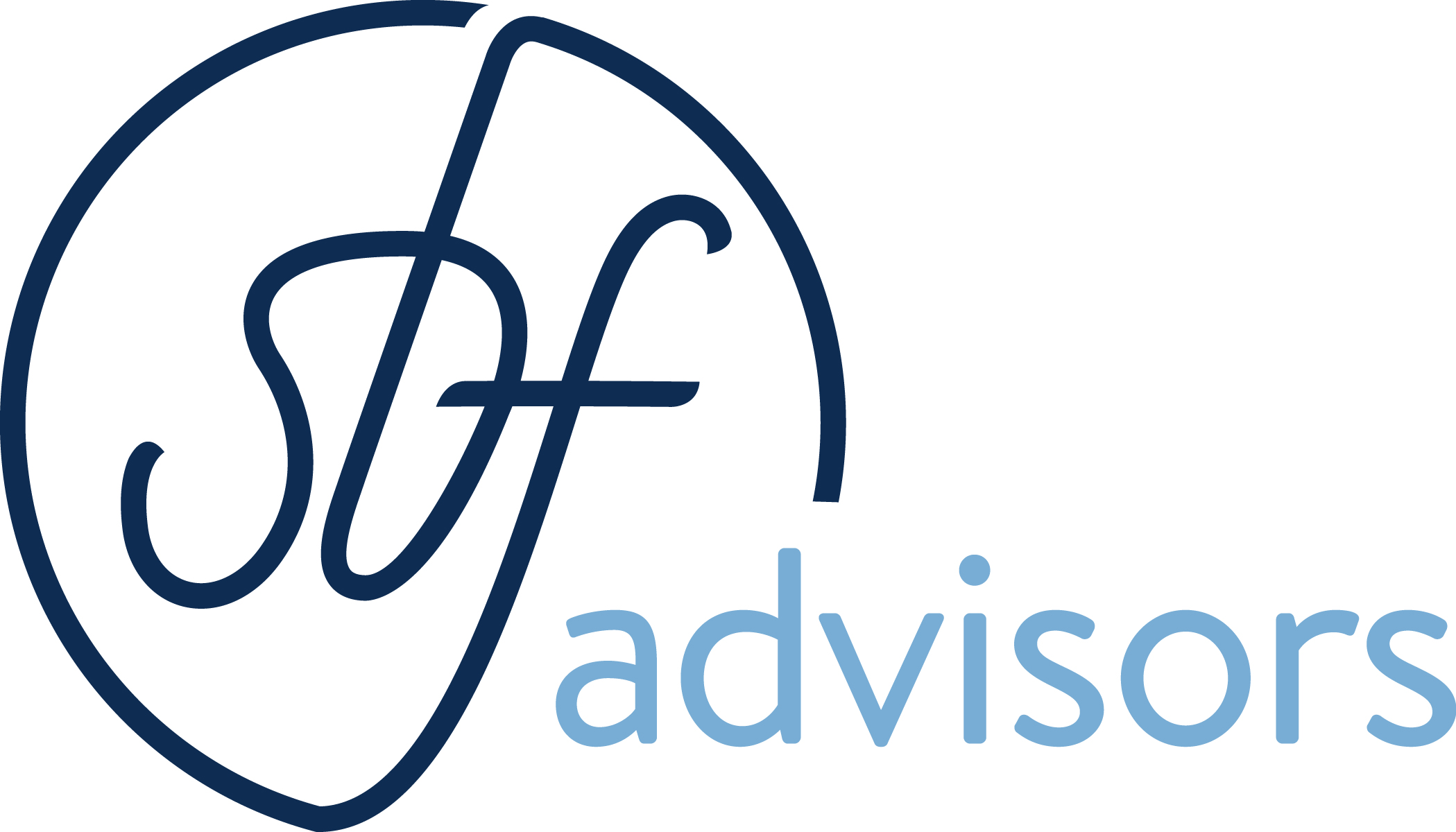Why Office Culture and Leadership Flourish with a ‘Soft Skills’ Approach
A great workplace culture doesn’t happen on its own. Spoor Bunch Franz creates opportunities for employees to grow as leaders from within.
If you think about the best bosses you’ve ever had, what about them comes to mind? More likely than not, it’s someone who challenged you, supported you and looked out for you. Your best boss probably listened to your feedback about your work and your interests, and worked with you to help your projects and teams succeed.
Those traits may seem intuitive, but the “soft skills” that make for a great manager and a good office culture don’t appear out of nowhere. Every good leader seeks out training and continuing education, whether they’re in charge of one project or a whole division. With this in mind, Spoor Bunch Franz recently held a series of in-house workshops to learn from each other about ways we can help ourselves and each other in our professional lives.
One of the most important ways to cultivate soft leadership skills is to understand how to identify obstacles, whether they’re internal to yourself or external. This is more important than ever: Burnout in the workplace has become so widespread that the World Health Organization has classified it as an occupational hazard.
Because the burnout phenomenon has been studied in depth, we have a better idea of how to spot it and how to treat it. (You can take a quick online inventory to see if you have symptoms.) In our workshops, our team learned short-term and long-term strategies for heading off and recovering from burnout, which can include breathing exercises, lifestyle adjustments and ways to address burnout with your supervisor.
SBF employees also learned about technical skills involved in effective leadership, like knowing how to delegate and train others, as well as developing expertise in your field, and how these skills are different from soft skills. But whether you are practicing technical skills or soft skills, one key factor is knowing how to actively listen to your colleagues and teammates. Accountants may have a reputation for being straightforward numbers people, but empathy, a nonjudgmental approach and clear communication are keys to helping our clients.
Offering learning opportunities like this is an established tradition at SBF. Our employees flourish when they’re given the tools to grow as leaders. And no matter where you are in your career, you’re always likely to learn something by thinking about how we relate to each other at work.

